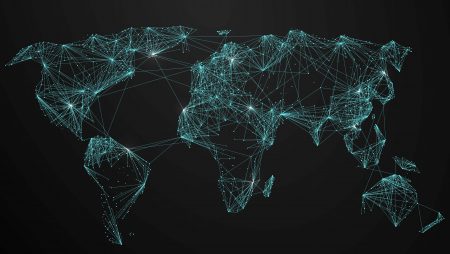

Sanna is a DPhil Student at the OII and also a doctoral student at the Alan Turing Institute, where she leads the Data and Inequality Interest Group together with her supervisor Mark Graham. Her doctoral research investigates the relationship between accessing work through online platforms and informality, and how these practices impact inequality, social exclusion, well-being, productivity, and the government’s ability to collect taxes. She is also very interested in the applications of big data in international development and through her research in the Big Data and Development Research Cluster and the Connectivity, Inclusion, and Inequality Research Group endeavours to understand what development is and should be in the era of massive data and ever-increasing computing abilities.
Before commencing her doctoral studies Sanna worked as the quantitative research lead in an ERC-funded GeoNet project which studies how new economic practices and processes are taking root in Sub-Saharan Africa as a result of changing connectivities. Before joining the OII, Sanna worked with the Digital Engagement team of the World Bank Governance Global Practice and the Inter-American Development Bank’s Strategic Planning and Development Effectiveness Unit. She earned a Master’s Degree from American University’s School of International Service (Washington, DC) in 2013. At SIS she studied international development, governance, and innovative research methods as an ASLA-Fulbright Fellow.
International development, digital economy, online labour, big data, informality, internet and information geography, knowledge economy, ICT for development, connectivity, inclusion, and equality.


This research project is examining the geographies, drivers, and effects of Sub-Saharan Africa's emerging information economies at a time of changing connectivity and Internet access across the region.

8 July 2019
23 May 2019
31 July 2018
17 October 2017